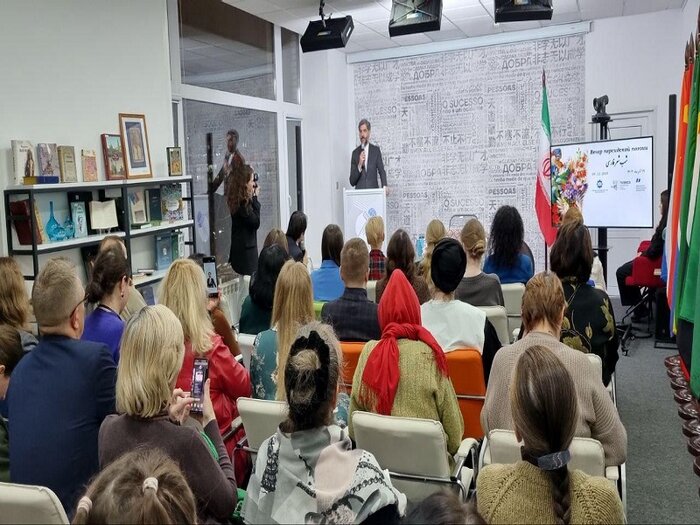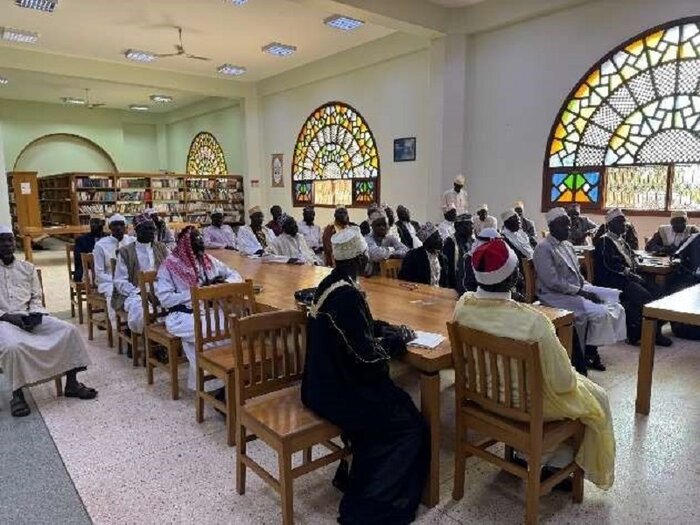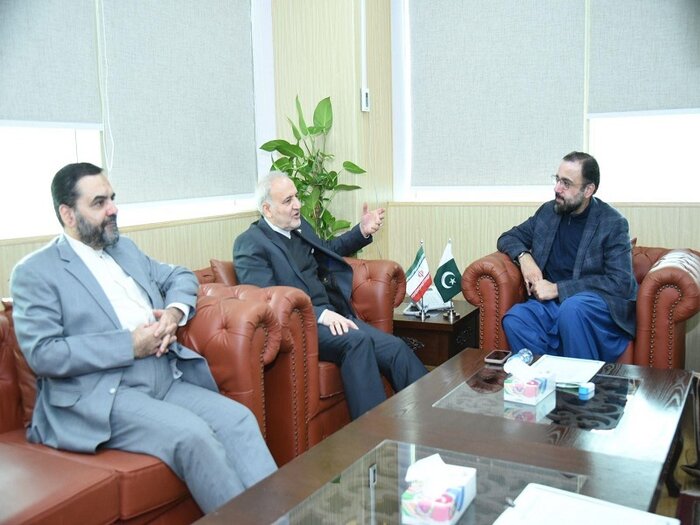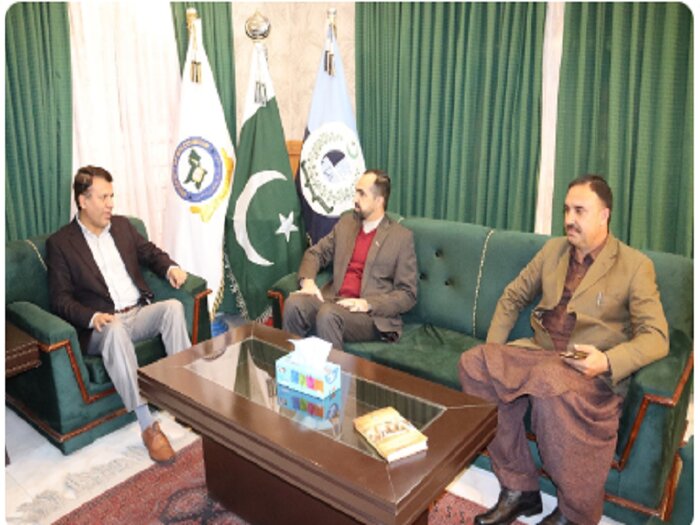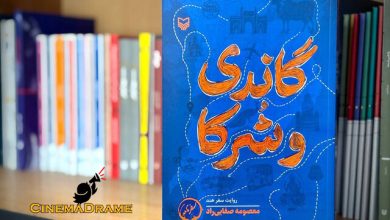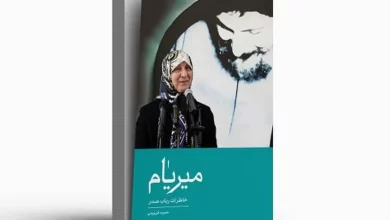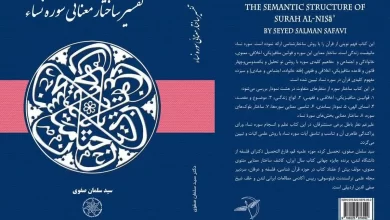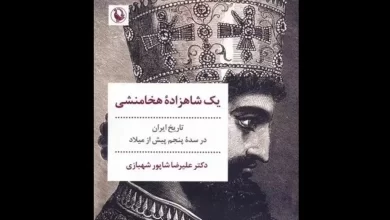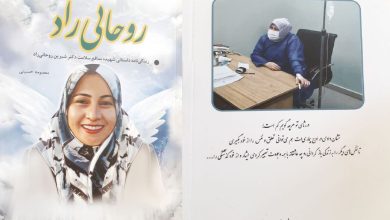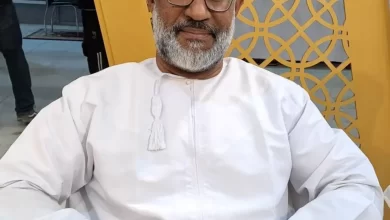“The Story of Restlessness” of Holy Shrine Defender Martyr Published in English
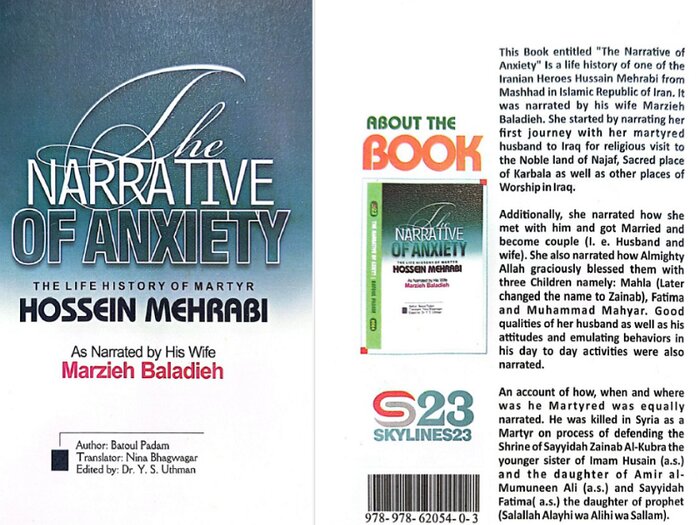
According to the Cinemadrame News Agency, from the Public Relations of the Islamic Culture and Relations Organization, the book The Story of Restlessness recounts the life of Hossein Mehrabi, a Holy Shrine Defender Martyr, as told by Marzieh Baladieh, the martyr’s wife. This book is part of the “Oral History of Heroic Women” series, published by Setareha Publications. Now, the Cultural Attaché of the Islamic Republic of Iran in Nigeria has undertaken the publication of this book in English in that country, aiming to introduce authentic religious teachings and behaviors, especially among the Muslim community internationally, and to develop the culture and literature of resistance.
The English translation of The Story of Restlessness, published in cooperation with the Center for Organization of Translation and Publication of Islamic Teachings and Humanities and Skyline 23 Nigeria Publications, has been printed in 500 copies across 307 pages. By reading this book, international audiences, especially Nigerian Shiites, will learn about aspects of the steadfastness, hardships, and joys of this great martyr’s family life.
Persian Poetry Entered a New World in the Last Hundred Years
Masoud Ahmadvand, Cultural Attaché of Iran in Russia, emphasized the role of expanding cultural activities in strengthening bilateral cooperation, saying: “Russia and Iran, in addition to their constant communications, have developed their relations within the BRICS framework. In line with this development of interactions, holding events such as a Persian Poetry Night can help enhance the mutual understanding between the peoples of the two countries.”
He added: “In the works of great poets of Iran, such as in the great Iranian epic, the Shahnameh, and in the poems of others like Saadi Shirazi, Hafez, Molavi (Rumi), and Khayyam, mystical thought has been very prominent. Later, with the expansion of the Persian language sphere, we witnessed the presence of poets in the Indian Subcontinent like Bidel and in northern Iran, such as Nizami Ganjavi, who composed poems in Persian.”
Ahmadvand added: “In the last hundred years, Persian poetry entered a new world due to political transformations like the Constitutional Revolution and the Islamic Revolution of Iran, and its concepts and messages were manifested in poetry.”
Maria Genn, Head of the Persian Language Center of the Iranian Cultural Attaché, said: “Familiarity with the culture of a neighboring country allows us to establish stable relations even without knowing the language and without having deep knowledge about that country. The steps being taken to familiarize Russians with Iran are important, and the Iranian Cultural Attaché is promoting the Persian language and Iranian culture in Russia.”
A professor of Persian Language and Literature at Moscow State Linguistic University recited sections from Saadi’s Golestan and Bostan, presenting poems and stories from this esteemed Iranian poet to the Russian audience.
Alexandra Bormann, Head of Cooperation with South Asian Countries and West Asian Region of BRICS TV Network, said: “The Persian Poetry Night at the BRICS Plus Media Center in Moscow is a new link in the chain of initiatives for developing cooperation between Russia and Iran.”
She continued: “TV BRICS contributes to international activities aimed at expanding Russia-Iran relations through broadcasting Iranian documentary films, publishing news related to Iranian cultural festivals and exhibitions, and organizing content exchange between the media of the two countries.”
This event was made available to audiences across Russia by TV BRICS via television and social media in Russian, English, Chinese, and Spanish.
TV BRICS produces and broadcasts programs in various languages on its platform and 24-hour TV channel, and the establishment of a Persian language section is also on the agenda for this network. The content of this network is broadcast in Russia via television and also through satellites covering Russia.
This network, headquartered in Moscow, was established in 2017 at the initiative of Vladimir Putin and received support from heads of state at the ninth BRICS summit in China. More than 70 media outlets from Russia, Brazil, India, China, South Africa, Egypt, Iran, United Arab Emirates, Argentina, Armenia, Venezuela, Zimbabwe, Kazakhstan, Kenya, Cuba, Mozambique, Tunisia, and Chile have so far joined the TV BRICS network as partners.
Building Trust Among Islamic Countries is a Vital Need for the Islamic World
Reza Amiri-Moghaddam, Ambassador of Iran to Pakistan, in a meeting with Chaudhry Salik Hussain, Minister of Religious Affairs of Pakistan, referred to the deep historical ties and cultural commonalities between the two neighboring nations of Iran and Pakistan, saying: “The shared views of the two neighboring countries on international issues can play a key role in strengthening regional unity. Building trust among Islamic countries is a vital need for the Islamic world, and therefore, we call for efforts to confront common challenges, including the problem of terrorism and extremism.”
Chaudhry Salik Hussain, Minister of Religious Affairs of Pakistan, also noted the deep cultural and religious commonalities between the two countries during the meeting, saying: “Iran and Pakistan, as two Muslim nations, can present a model of Islamic solidarity to the world by strengthening cultural and religious relations. The Persian language has deep roots in Pakistan, and supporting its education and promotion in Pakistan can further deepen the cultural ties between the two nations.”
Majid Meshki, Cultural Attaché of Iran in Islamabad, Pakistan, also emphasized the importance of strengthening cultural interactions with Pakistan during the meeting, saying: “The exchange of cultural, artistic, and media delegations can bring about a transformation in Iran-Pakistan relations.”
The representative of the Saadi Foundation in Pakistan described the deep interest of the people of this country in the Persian language as a unique opportunity to expand this language and strengthen the historical bonds between the two countries. He also announced the readiness of the Cultural Attaché and the Islamic Republic of Iran Culture Houses in various cities of Pakistan to develop cultural interactions by facilitating the travel of Iranian artists and experts to Pakistan.
Persian Language and Literature Flourishing at the University of Balochistan, Pakistan?
Syed Abolhassan Miri, Cultural Attaché and Head of the Islamic Republic of Iran Culture House in Quetta, Pakistan, in a meeting with Zahoor Ahmed Bazai, President of the University of Balochistan (the largest university in this province), recalled the role of the Islamic Republic of Iran in establishing major universities in Balochistan and supporting their activities, especially the University of Balochistan, and emphasized the revival and strengthening of the Persian Language and Literature Department at the University of Balochistan.
Our country’s Cultural Attaché proposed that, with the approval of the University of Balochistan’s presidency, the Islamic Republic of Iran is ready to send a professor of Persian Language and Literature from Iran to this university to teach Persian language and literature. The Persian language is one of the important needs of the business community, students, border residents, and even border forces stationed in Balochistan Province who have connections and trade with Iran.
Our country’s Cultural Attaché added: “Given the importance and long border between Balochistan Province of Pakistan and Iran, and the deep ties between the two nations, joint academic activities are necessary to further introduce the two countries and train specialized experts in both countries.”
Miri said: “An ‘Iran Studies’ major should be established at the University of Balochistan so that those interested in studying Iran Studies or Iranology can pursue this field, and specialized Iranian experts can be trained in Balochistan. Of course, we also need to establish a specific ‘Pakistan Studies’ major in Iran, although a ‘Subcontinent Studies’ major already exists.”
He announced the readiness of Iranian universities to extend memoranda of understanding for cooperation with the University of Balochistan and other universities in the province, and stated: “There are many cooperation opportunities between the universities of Balochistan and Sistan and Baluchestan Province in Iran in various research and knowledge-based fields.”
Zahoor Ahmed Bazai, President of the University of Balochistan, welcomed the proposals of our country’s Cultural Attaché, saying: “We will take every necessary step to strengthen the Persian Language and Literature Department and program at this university. Not only will we try to promote Persian language and literature at the department level, but we will also define it as an elective course alongside Balochi and Pashtun languages in all 52 departments of this university, so that students interested in this language can take this course and study in this field.”
The President of the University of Balochistan announced the university’s readiness to extend cooperation memoranda with Iranian universities and proposed that a separate memorandum of understanding be signed between the University of Balochistan and the Iran Culture House to formalize bilateral cooperation.
Unifying Dialogues Should Increase
Hujjat al-Islam Seyyed Abdolfattah Navab, Representative of the Supreme Leader in Hajj and Pilgrimage Affairs, in a meeting with members of the Supreme Council of Muslims at the Uganda National Mosque, referred to Hajj as one of the most prominent manifestations and symbols of unity among Muslims, saying: “Annually, individuals participating in Hajj all wear uniform clothing, which itself is an example of unity among them. Prophet Muhammad (PBUH) emphasized unity greatly and always advised Muslims to cling to the rope of Almighty God to preserve unity and brotherhood.”
He added: “Muslims must always adhere to common Islamic principles and values while implementing strategic programs, such as engaging in joint dialogues, to achieve unity. Enemies of Islam, by designing discord among Muslims and carrying out assassinations, massacres, and destruction of Muslim property, try to prevent unity among Muslims, and it is essential that Muslims worldwide fully maintain their vigilance in this regard by identifying the enemy’s factors and programs.”
